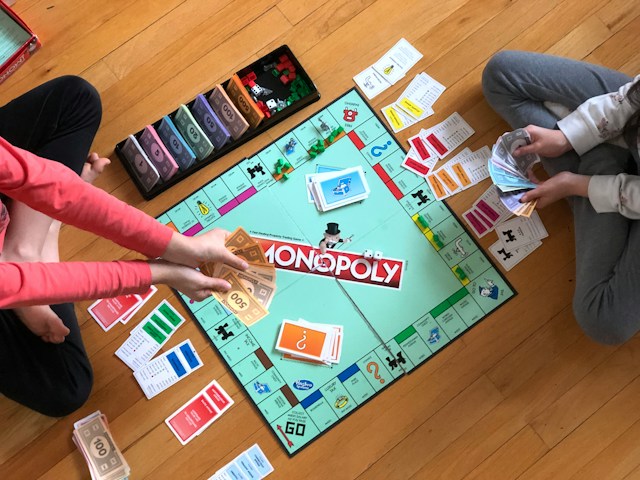
How Interactive Board Games Enhance Cognitive Skills in Children and Adults
Board games are a broad category that incorporates cards, dice, and a game board. They can vary in complexity and have a range of themes and narratives.
Several studies have shown that board games and programs effectively increase educational knowledge and enhance cognitive functions. However, many of these studies only compare pre- and post-intervention results and do not use an active control group.
Motor Skills
Board games require players to move pieces in specific ways on a particular board marked with patterns. Some board games are designed to educate players on specific subjects like math, history, geography, and language skills. Others involve counting things like currency or earnings. This skill development teaches children basic calculations and helps develop their mathematical abilities.
A study published in the journal Frontiers in Human Neuroscience found that experienced players of a particular board game, Baduk, had increased gray matter in their nucleus accumbens and decreased gray matter in the amygdala compared to novice players. This indicates that playing board games stimulates brain growth and promotes neuroplasticity.
A study involving preschoolers with disabilities and their peers showed that teaching gameplay using a least-to-most prompting hierarchy significantly increased independent performance of game steps and game-related on-task behavior for all participants following training. This is a significant finding because interactive board games may effectively develop functional independence and social communication skills.
Visual Perception
Playing board games helps develop visual perceptual skills, such as figure-ground, spatial relationships, and visual closure. Many of these activities also promote the development of fine motor skills needed to move small objects and track them in a visual field.
Children who play board games such as Connect 4, Scrabble, and Monopoly are enhancing their ability to analyze spatial relationships between different components and determine how they fit together. These activities also help improve their problem-solving skills by encouraging creative and analytical thought processes.
Studies showing cognitive improvement in participants who regularly play board games have found that playing these games increases gray matter in the insula portion of the brain, which is responsible for self-awareness and presence-of-mind awareness. In addition, playing these games enhances the brain’s hippocampus, which is primarily responsible for memory formation and information retention. The hippocampus is also involved in spatial navigation and orientation. [12]
Mental Flexibility
One group of researchers from Pontificia Universidad Catolica de Chile found that children who participated in structured board game sessions under adult supervision outperformed their counterparts on several cognitive tasks. These included Raven matrices, Monsell, Tower of London, Corsi block-tapping, and operation span.
Other studies of board games and programs that use them have shown beneficial effects on educational knowledge, psychological outcomes, and cognitive functions. They also have been found to promote learning, enhance interpersonal interactions, and reduce anxiety and ADHD symptoms.
Studies of abstract strategy games like Go and chess have demonstrated that regular gameplay improves the planning abilities of people with schizophrenia and enhances working memory in normal adults. However, the already-shown cognitive benefits of playing board games may be due to the effects of age and education, and further interventional research is needed. These experiments must include pre-and post-testing, use multiple assessment measures, have a control group to ensure accurate replication of results, and be adequately powered to detect meaningful effects.
Memory
Using the prefrontal cortex (which controls executive functions like memory, planning, directing attention, and inhibiting counterproductive impulses), board games promote several learning skills. For example, Monopoly requires players to remember rules and money values, while classic chess encourages strategic thinking. Chess also sharpens children’s concentration, and games that require the player to keep track of several pieces at once can help lengthen a child’s attention span.
Board games also provide opportunities for social interaction and can contribute to healthy aging and mental fitness. Several studies have shown that playing board games can reduce anxiety and depression symptoms, improve cognitive function, increase physical activity, and decrease the severity of ADHD symptoms. Further research on using board games for health education and treatment is needed to determine whether they can also be effective complementary therapies for specific clinical conditions.





